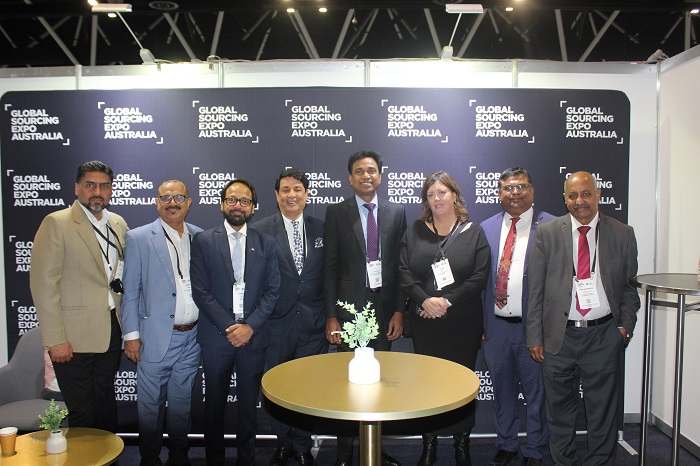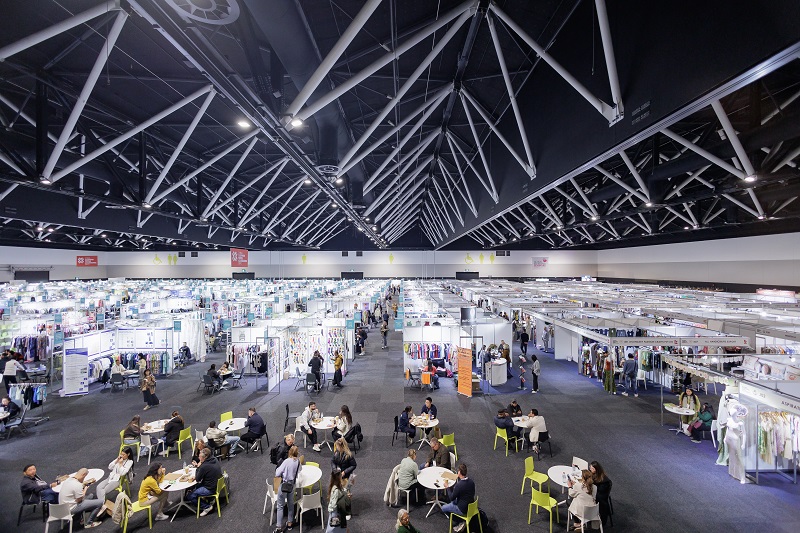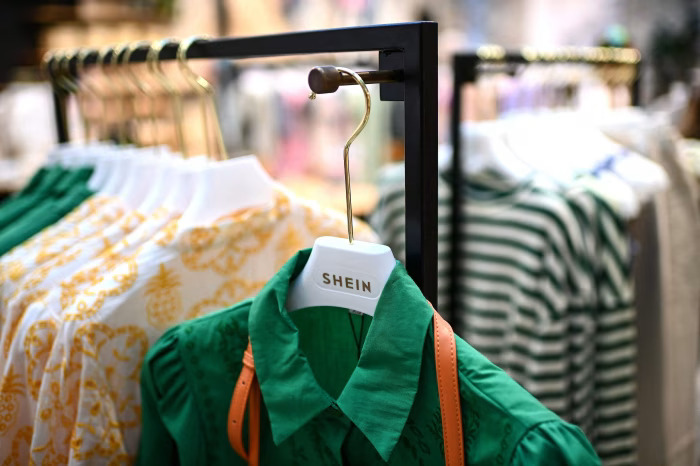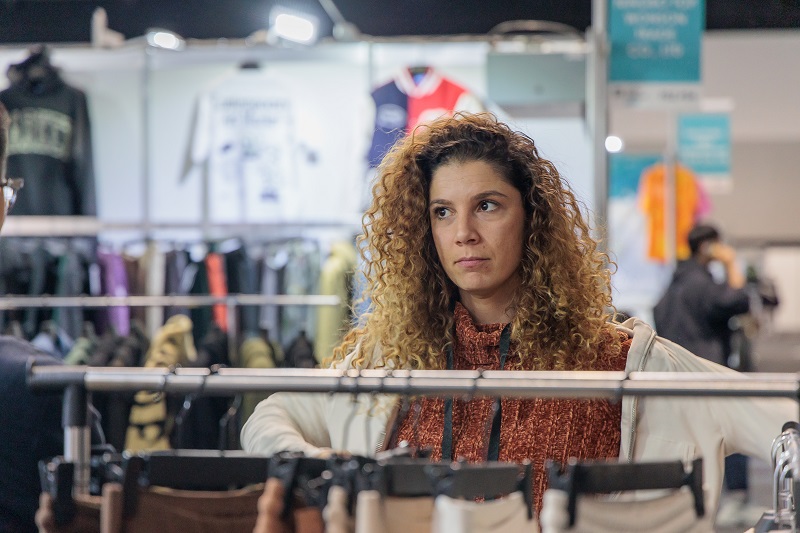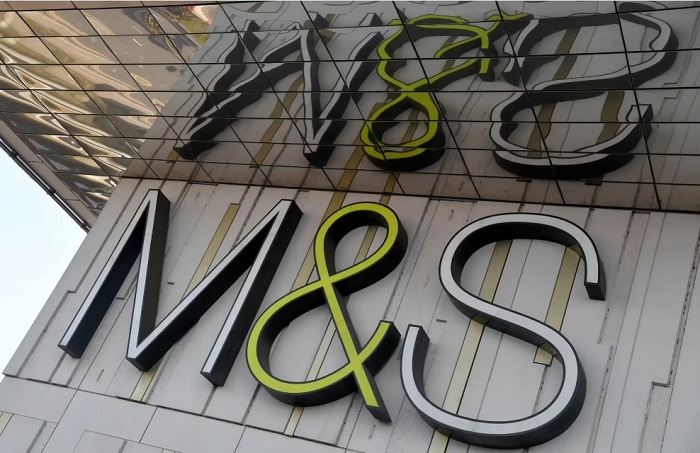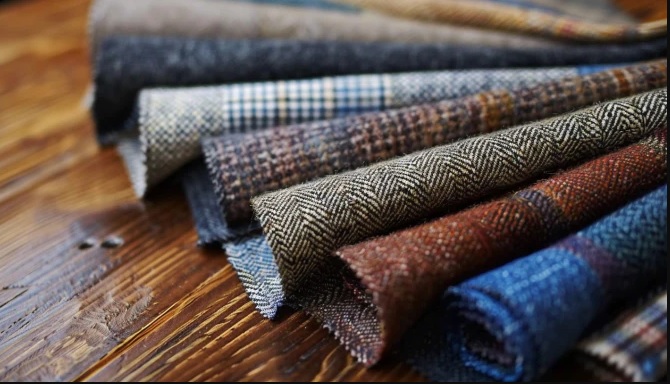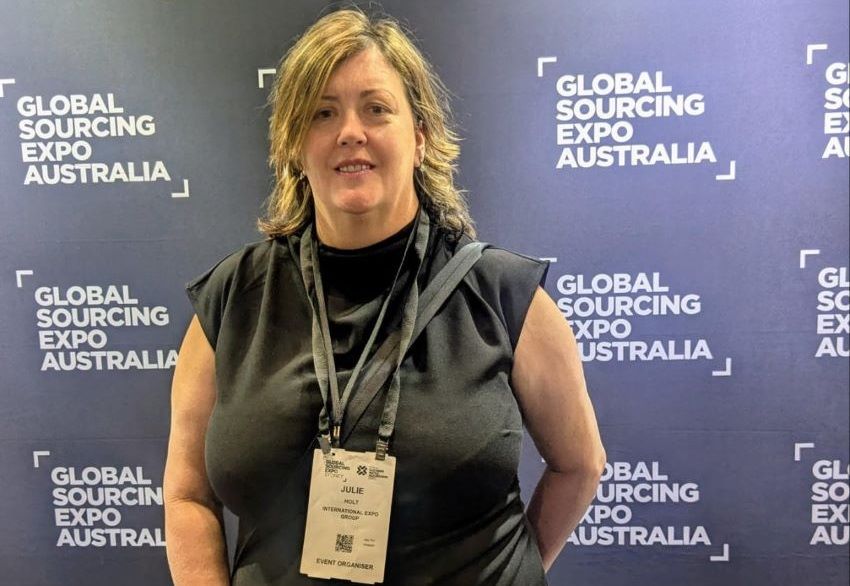FW
American Apparel has made a comeback and under a completely new management system. The retailer shut down shop due to bankruptcy last April. From the classic Easy Jean to the spandex bodysuits, American Apparel has always been a timeless favorite of trend-searchers across the globe. It was known for classic tees and dresses.
The label Made in the USA became such a staple that as the popularity of the brand grew, those little labels seemed to be the sole reason people shopped at American Apparel. With authentic, bold advertisements of men and women in odd and suggestive poses, the brand grew on encouraging self-expression and embracing one’s sexuality.
Through campaigns such as Legalize Gay, Legalize LA and using American sweatshop-free factories, the brand has attracted dressers of all types from across the US.
After filing for bankruptcy in January 2016, the financial instability didn’t stop there. Last November, the company was told to repay $177 million in debt at a bankruptcy hearing. Despite years of financial issues, American Apparel has been a staple in American fashion for decades. American Apparel supported social causes like homosexuality and immigration rights. Controversy over what others perceive as overly-sexualized advertisements eventually took its toll on the brand.
America Recycles Day will be held throughout the US on November 15. Various events will be held in schools, workplaces and communities to raise awareness about recycling as well as collect millions of pounds of materials that would otherwise clog the country’s landfills. Recycling clothing is a concern that is growing throughout the industry.
Almost 85 per cent of America’s used clothes go to landfills. Just 15 per cent are recycled or donated. Of the clothes that are recycled, 45 per cent go to secondhand clothing stores, 30 per cent are cut down and used as rags, and 20 per cent are ground down and reprocessed (five per cent is considered unusable).
Need for apparel recycling has grown along with Americans’ appetite for trendy clothes. Textile waste increased 38 per cent between 2000 and 2011—more than three times the overall waste volumes for all materials. The production, use and disposal of more than 19 billion garments per year is causing significant environmental and health problems.
The story of high environmental footprint and enormous end-of- life landfill consequences in apparel is gaining traction with the growing group of consumers that are aware of the need to transition to sustainable development models.
The shift comes as Tommy Hilfiger continues to evolve its denim offering to align better with the wants and needs of the next generation of consumers. The Tommy Jeans label was recently used in the heritage flag logo-inspired capsule collections from Hilfiger Denim and will now be used across its entire denim business. In addition, special edition Tommy Jeans heritage capsule collections will continue to be a part of the wider Tommy Jeans label.
The first collection to launch under the rebrand, pre-spring 2018, celebrated the Tommy Hilfiger denim archives and features a number of iconic pieces with a modern touch.
Tommy Hilfiger is an US label owned by PVH. It has built a significant global denim business that celebrates its brand DNA and heritage, and resonates strongly with Tommy fans around the world. It has a long history of celebrating pop culture with inspiring and unique denim styles.
The transition reflects Tommy’s commitment to accelerate growth and demand for Tommy Jeans with young millennial and Gen Z consumers globally. Tommy Hilfiger offers men’s clothing and sportswear, women's apparel and sportswear, kids’ wear, denim, underwear, including robes, sleepwear and lounge wear, footwear and accessories.
Texprocess Americas will take place from May 22 to 24, 2018. Once again it will be co-located with Techtextil North America, making it the largest technical textile, nonwoven, machinery, sewn products, technology and equipment trade show in the Americas.
SPESA (Sewn Products Equipment & Suppliers of the Americas) and Messe Frankfurt have signed an agreement to extend the contract to co-produce Texprocess Americas. The new agreement will last through 2032.
Texprocess Americas (formerly SPESA Expo) is the largest North American trade fair for equipment and technology for the development, sourcing, and production of sewn products. Texprocess Americas provides a platform to leading international manufacturers to present their latest machines, plant, processing, IT systems and services for making textiles and other flexible materials.
The event will provide valuable information and insight through educational sessions, networking, and new product advancements making this the largest and best sewn products and technology trade show in the Americas.
Messe Frankfurt prides itself in focusing on a long-term commitment to the industries it serves. As the largest organizer of textile events globally, extending the ongoing collaboration agreement with SPESA is special for Messe Frankfurt and underlines its dedication to the sewn products industry in the Americas.
Denim textile and jeans are Nien Hsing’s two largest revenue contributors. Now in order to tap into the knitwear market, the company is opening a plant in South Africa. The unit will begin production by the middle of next year. The plant will have a capacity of 4,80,000 knitwear units. Taiwan based garment maker Nien Hsing Textile is looking to reduce its reliance on denim-related products and secure more orders from its existing brand customers in the US, who generate more than 80 per cent of Nien Hsing’s total revenue.
Nien Hsing has a monthly capacity of 4.4 million yards of denim textile and 1.8 million units of jeans. In the July-to- September quarter, the company’s net profit fell 51.9 per cent from a year earlier. Sales over the period slid 33.6 per cent, with gross margin falling from 11.9 per cent to 7.05 per cent. The company blamed last quarter’s sluggish performance to soaring cotton prices. Global cotton prices have risen by nearly 30 per cent so far this year, and cotton takes up more than 30 per cent of Nien Hsing’s total production costs. However, the company is relatively positive about its business outlook for the coming quarters, as cotton prices are expected to return to normal levels.
The Massachusetts Institute of Technology has used a 3-D printer to produce nano fibers. This helps avoid the need for cleanroom and will make the process cheaper. A 3-D printed micro fluidic device enables in creating uniform nano fibers which provides flexibility to the structure of the webs. The technique uses emitters or nozzles which have holes made through them. The fluid to be electro spun is poured into the holes until the holes are full. An electric field is applied to develop nano webs.
Nano fibers are produced by controlled chaos which in a way leads to variability in fiber size and less uniformity of the web. In other words, there is some sort of self-assembling process when the fibers are dispersed by electric field and collected on collectors such as screens. Patterns are obtained based on the nature of the collector. Nano fiber production techniques are evolving to have high productivity and have better control of the fiber and web uniformity.
The 3-D device is a step in the right direction. A nano fiber is a fiber with a diameter of 100 nanometers or less. Researchers are using nano fibers to make sensors that change color as they absorb chemical vapors.
Indorama Ventures’ core ebitda rose 34 per cent year on year. Core net profit increased 68 per cent. Operating profit grew by 46 per cent. Indorama Ventures is a chemical producer. With additional tailwinds from strong volumes and industry supply tightness, due to financial problems being faced by certain competitors in Europe and America, the company has further grown its top line and margins.
The third quarter concluded a great first nine months for Indorama Ventures. It delivered record earnings, beating expectations in all key financials metrics. This strong performance demonstrates the resilience of its business portfolio, and the benefits of its uniquely diversified and integrated business model, which are clearly bearing fruit with increasing momentum.
The company expects the positive momentum to continue in the fourth quarter due to the better margin environment, higher return HVA products, continued volume growth and the realization of full benefits from its strategic actions. The goal is to double ebitda every five years.
In September 2017, the company debuted in Dow Jones Sustainability Index and was ranked among the top five chemical companies globally. Meaningful developments in the PTA and PET businesses, the announced capital expenditure programs and the newly acquired businesses will all play a meaningful role in enhancing earnings growth in 2018 and beyond.
Made in Pakistan is being held November 10 to 12. Organized by Fashion Pakistan in partnership with the Trade and Development Authority of Pakistan (TDAP), this is a platform for Pakistani fashion designers to showcase their creations.
It is being held as a stepping stone for eminent designers who will be linked with the industry to produce collections for the export market. Besides providing them solid experience and mentoring, and a chance for their work and talent to be recognised, the aim is to encourage production of value added products.
The ultimate aim is to make the country’s fashion industry competitive in international markets by building on relationships with buyers, both overseas and domestic, and establishing and strengthening ties with international businesses. Made In Pakistan will showcase collections by: Amir Adnan, Aamna Aqeel, Fnk Asia, Nova Leather, Hassan Riaz, Tena Durrani, Deepak Perwani, Jafferjees X Wardha Saleem, Zuria Dor, Rizwanullah, Adnan Pardesy, Nauman Arfeen, The Pink Tree Company and Gulabo by Maheen Khan.
This year, Fashion Pakistan will be launching 10 emerging designers. TDAP, established in 2006, is the successor organisation to the Export Promotion Bureau and is mandated to have a holistic view of global trade development rather than only the export promotion perspective of its predecessor.
Elgi Equipments has joined hands with Indian Texpreneurs Federation (ITF) and designed a comprehensive program on air audit. The program includes information session for owners and managers on the best compressed air practices, practical training sessions for maintenance engineers and air audit programs that help recognise cost savings.
Energy conservation has become a focus for textile mills given the rising energy cost. The most expensive component in the total cost of compressed air is energy. Elgi is a Coimbatore-based air compressor manufacturing major. It is committed to 500 air-alert equipped machines by the end of this calendar year.
Under the Elgi-ITF program, air audits were conducted across 130 textile mills in the south over the past 12 months. The annual savings worked out to Rs 14 crores with an average compressed air energy cost reduction of 43 per cent.
Air audit is a review of use of compressed air, taking into account their generation and distribution. While review of generation is a comparison of energy consumption, current condition and application to original specification, distribution is evaluating the use of compressed air in the plant, which could include leak in the air lines and general consumption.
Elgi will look at such partnerships with machinery manufacturers across different sectors such as pharmaceuticals and automobiles.
China Hosiery Purchasing Expo (CHPE) will be held from March 26 to 28, at Shanghai World Expo Exhibition & Convention Center (SWEECC). The event will segment the exhibition sections by markets and set up specialty product zones for targeted promotion. It will witness more than 500 exhibitors from Turkey, Pakistan, Korea and Japan. The exhibitors will bring in various hosiery brands to the expo and present the latest global fashion of the hosiery products.
The expo serves global hosiery enterprises by building an efficient trading platform for exhibitors and purchasers and it is widely recognized in the hosiery industry. CHPE will showcase the complete manufacturing chain from yarns, finished socks/hosiery products, hosiery machines to packaging machines. It will also hold special exhibitions of a wider range of textile products such as hats, scarves and gloves as well as the augmented products of the hosiery industry in response to the needs of professional purchasers.
The expo is an international medium to showcase innovative and luxurious products and services to the Chinese market. It aims to meet qualified buyers, understand market demand, establish strong and solid business partnerships and find new business partners. It combines exhibitions, seminars, conferences, new product releases and designer networking under one roof to provide a complete cost-effective marketing platform.


